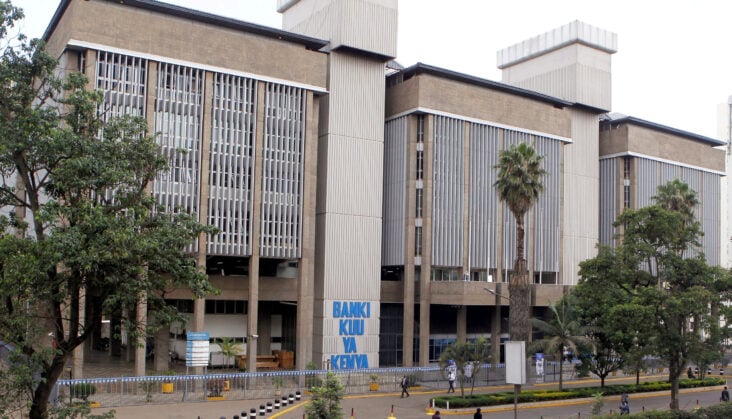The Capital Markets Authority in Kenya is closely monitoring global developments, anticipating imminent policy responses from the Central Bank of Kenya to combat surging inflation. The concern arises from unfolding international events, notably the ongoing Israel-Palestine conflict, expected to have a domino effect on essential commodity prices, particularly due to its potential impact on oil prices.
Luke Ombara, Director of Policy and Market Development at the Capital Markets Authority, expressed this concern, suggesting that the Central Bank of Kenya might need to implement inflation control policies extending until 2025 in response to current geopolitical events. The Middle East situation is likely to disrupt the oil supply chain, a commodity significantly influencing various sectors of the Kenyan economy.
In September 2023, Kenya observed a slight uptick in its inflation rate, measured by the Consumer Price Index (CPI), rising to 6.8% from August’s 6.7%. Consequently, October’s inflation increased to 6.9%, as reported by the Kenya National Bureau of Statistics.
This increase was primarily attributed to sharp rises in fuel prices. Specifically, the price of a liter of petrol rose by 2.7% to Kshs 218.0 in October 2023 from Kshs 212.3 in September 2023. Similarly, the price of a liter of paraffin increased by 1.2% to Kshs 205.8 in October 2023 from Kshs 203.3 in September 2023. Diesel prices also surged by 2.2% to Kshs 206.2 in October 2023 from Kshs 201.7 per liter in September 2023.
Luke Ombara’s remarks were made during the release of the third-quarter Capital Markets Soundness Report, titled “Navigating Cybersecurity in Capital Markets Amid Rapid Technology Advancement.” The report underscores the growing threat landscape in capital markets, emphasizing heightened risks of cybersecurity threats such as phishing, Distributed Denial of Service (DDoS) attacks, ransomware, and insider threats. These threats pose significant risks to market stability.
In response to these challenges, the Capital Markets Authority is proactively addressing cybersecurity threats. They are developing a consolidated cybersecurity and cyber resilience framework (CSCRF) tailored for licensees, ensuring the prioritization of cybersecurity risk management and cyber resilience. Additionally, the regulatory framework is continually reviewed to align with principles set by the International Organization of Securities Commissions (IOSCO).
Moreover, the Capital Markets Authority is actively urging market participants to adopt robust cybersecurity measures, safeguarding investors and ensuring the overall soundness of capital markets. In an era of rapid technological advancements, financial institutions must remain resilient against evolving cyber threats.
Kenya grapples with rising inflation, primarily driven by escalating fuel prices due to global events. Simultaneously, the Central Bank of Kenya is anticipated to implement policies to address this issue. Concurrently, the Capital Markets Authority is diligently working to bolster the cybersecurity posture of capital market participants, crucial for preserving investor confidence and the stability of Kenya’s financial system.
















